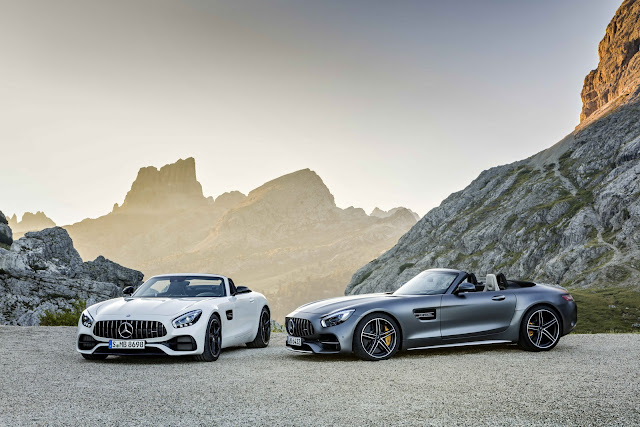My Take On: The relentless attack on automobiles
You see, things are just not the same anymore. Every country seems to be setting a fuel-emission limit. Europeans, Americans, Asians and Arabs are all setting fuel standards for cars. In the USA, they say the average mpg achieved by a car should be brought up to 50 mpg in 10 years' time, and as a result, automakers are doing whatever they can to meet those regulations. Even resorting to cheating.
And that has led to some tough times for the "purists" among the car guys. I'm not one of them, but sometimes I think whether they're right about the downsizing thing. For those of you who do not know, there was a time, 10-15 years ago to be honest, when a BMW M5 had a naturally-aspirated V10, and the M3 had a V8, also NA. Now, the M3 has gone towards turbocharging, and is offered exclusively with a twin-turbo V6. The M5? A twin-turbo V8. Not that it's a bad thing: power is up and emissions are down, but where it starts to go south is the moment you hear what the old engines sounded like. I didn't add a link but I'm sure you'll find it somewhere on Youtube.
The same story goes for Ferrari: known for having high-powered naturally-aspirated supercars, now the new California T and the 488 are turbocharged, and the latter lacks some of the awesomeness of the NA motor, according to the people that reviewed them. That is not going against tradition, though. The F40 was turbocharged too. And that is regarded as one of the best Ferraris ever, again, by others, not myself.
Then we come towards the 911, which has a Turbo model, too. But it's been there for quite a long time and it was made to go fast: all other 911s were naturally-aspirated. Now, every model-except the GT3-is powered by a turbo. Even the best drivers' car ever went down that route.
Formula 1 is not safe from the downsizing trend, too. Once V12s were the standard, then came V10s, V8s, and now we have 1.6l Turbocharged V6s with electric motors attached to them. And unlike road cars, Formula One cars are slower than they used to be in the early 2000s.
Formula 1 is not safe from the downsizing trend, too. Once V12s were the standard, then came V10s, V8s, and now we have 1.6l Turbocharged V6s with electric motors attached to them. And unlike road cars, Formula One cars are slower than they used to be in the early 2000s.
And that got me thinking: one day, this downsizing trend will hit automakers like Lamborghini and Bentley too. In fact, Lamborghini's first-ever SUV, the Urus or whatever it'll be called, will not be powered by the firm's famous V10 or V12 motors, but a twin-turbo V8. Could there be a day when Lamborghini and Bentley's flagships ditch their V12s instead of Turbocharged V10s, or even worse, V8s?
But these are all really expensive vehicles, out of reach for the majority of people (unless you live in Dubai). Let's talk about the normal cars, ones that most people use everyday. Of course, these are compact and mid-size sedans, along with their jacked-up crossover versions. The thing is, these vehicles already provide some 30-40 mpg if driven with care, so why make life tougher for them?
In forcing more fuel-efficient vehicles, every country that is participating has forgot two things: Buses and Trucks. If you've ever seen a bus or a truck in your life, chances are you would've noticed just how much smoke they emit. And not just in EU, or the US, or Asia, these things are everywhere in the world, causing pollution, destroying the planet, much more than cars nowadays.
Now I know it's hard to put a turbocharged 4-cylinder in a lorry and make it powerful enough to pull 1000s of tons, so I'm going to turn my attention towards buses. Buses do not carry the load trucks do, so it's possible to install a smaller engine, or even electric motors. Just think about it: we don't care how much an electrically powered bus weighs, we're not gonna lift it, right? And thanks to electric technology, you have full torque available at 0rpm. Even if trucks are made in a different kind of a way, one that would add electric motors, they can tow a lot of weight because of the sheer torque of electric motors.
One of the main reasons downsizing is being forced on cars is to "Save the Planet". Did anyone not think of saving our planet when they were making big displacement V12s with low bhp? Most cars of the 60s, 70s, 80s, were fitted with high-displacement motors and low bhp figures. If someone would've thought about that then, we wouldn't have had to deal with global warming-or the Toyota Prius.
So go ahead, force automakers to make low-emission vehicles. But no matter how clean cars get, the trucks and buses will still be dirty, and they will continue to make our cities smoggy. Cars of our time are paying the price of the mistakes cars of old made. A major rethink is needed.


Comments
Post a Comment